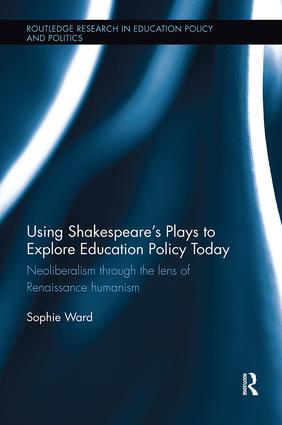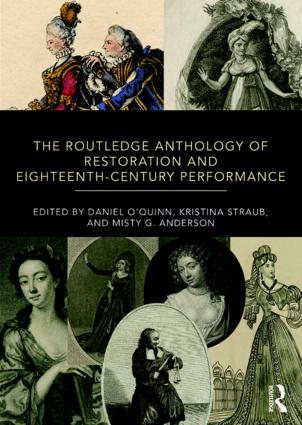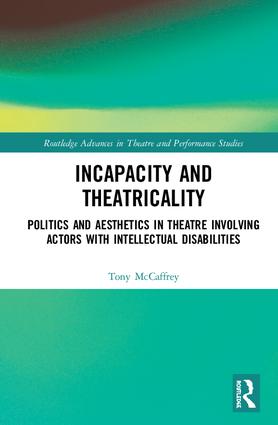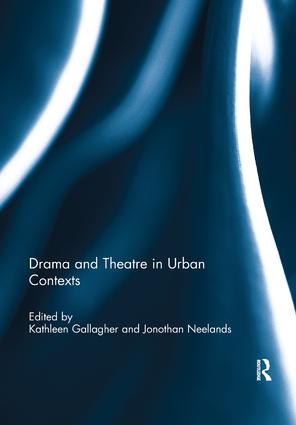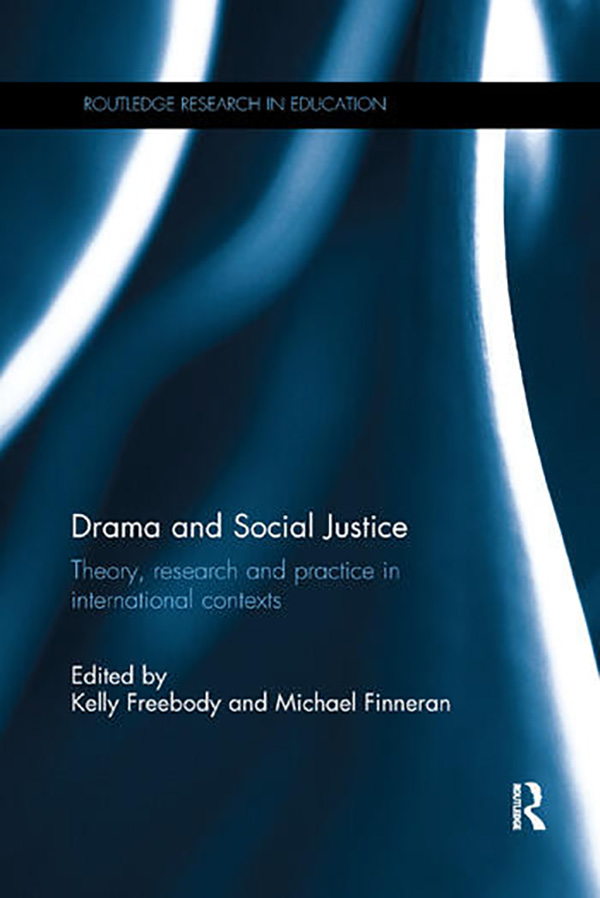Mantle of the Expert 2.0: from drama in education towards education in drama
There has been little research examining the balance between process and product in children’s arts education. In this study, Mantle of the Expert, the ‘drama in education’ approach of Dr. Dorothy Heathcote, MBE (1926-2011), has been explored as a method to create a non-scripted theatre performance with seven children between the ages of eight and ten years old.




